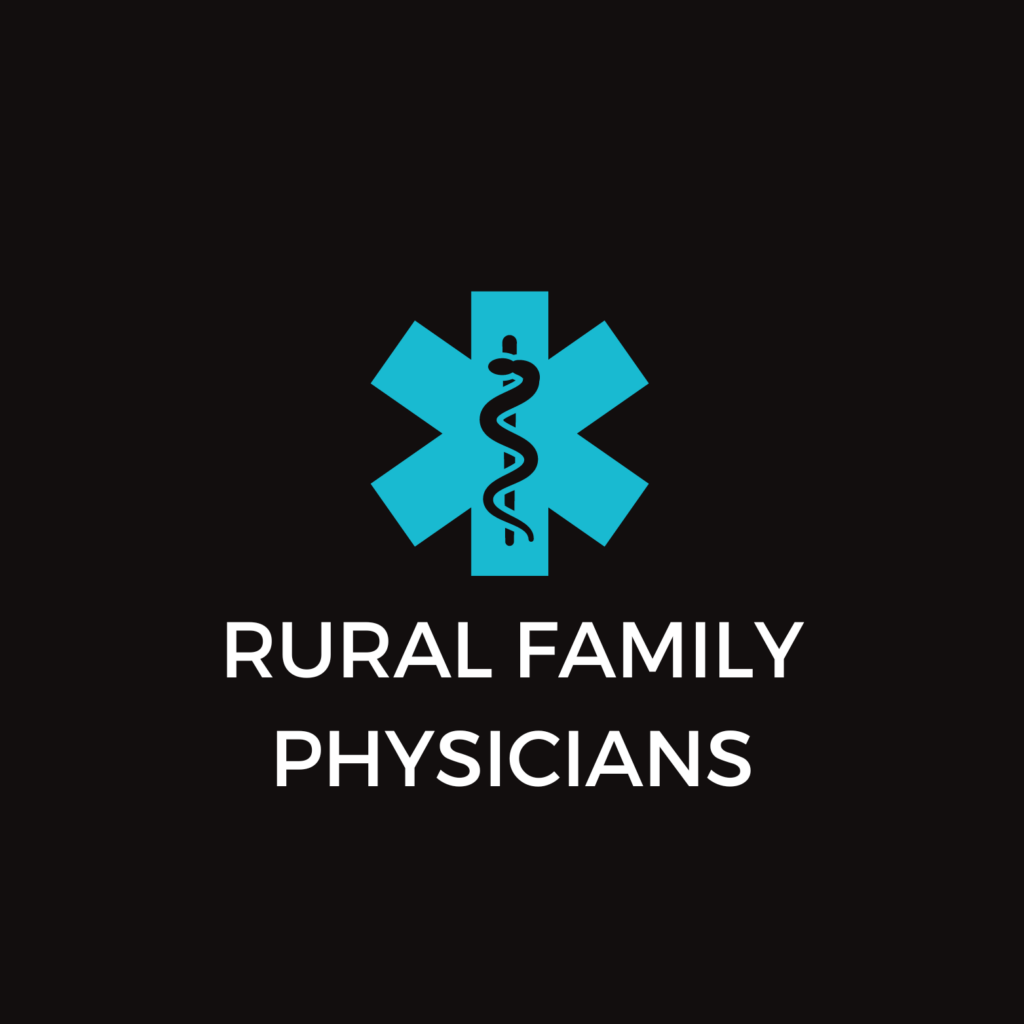Update on Medicaid Expansion to Adults without Dependent Children
0 Comments
The planned Medicaid expansion for low-income adults without dependent children has undergone a few changes in its implementation plans. First, the program will initially roll out on a limited basis, will only be available for those who have incomes below 10% of the federal poverty level, and will only be available for 10,000 persons. The method of determining who will be the 10,000 is by random selection, as opposed to first come, first serve. All others who would otherwise be eligible will be put on a wait list.
Applications can be first submitted in on April 1 of this year (but if received for processing earlier, the application will be denied), and the first random selection process will be run on May 15th. Each month thereafter, if there are spots that happen to open up on the Medicaid program, additional random selection processes will be run to keep the program filled.
This means that all estimated 49,511 adults without dependent children who live under 10% of the poverty level (or single adults earning less than $100 a month, or a couple earning less than $122 a month) will continue to have a chance to get on the program after its initial roll-out. For more information about this program, check out these resources from the state Medicaid agency (HCPF).
While the state believes this program will roll out as expected, these new decisions are still pending approval from the Centers for Medicare and Medicaid Services (CMS) at the federal level.
Also, encouraging folks to apply for this new eligibility category, the hope is that more folks will receive the opportunity to receive other resources they are eligible for such as food and/or cash assistance and CICP. Since clinics presumably are already seeing much of this population, assisting the newly eligible with their benefits and assisting the ineligible with applying for other services will be key to answering the needs of the entire population. To help folks meet their needs outside of Medicaid, check out this list of statewide resources.
For more information, or to provide feedback, please contact Alicia Haywood.



